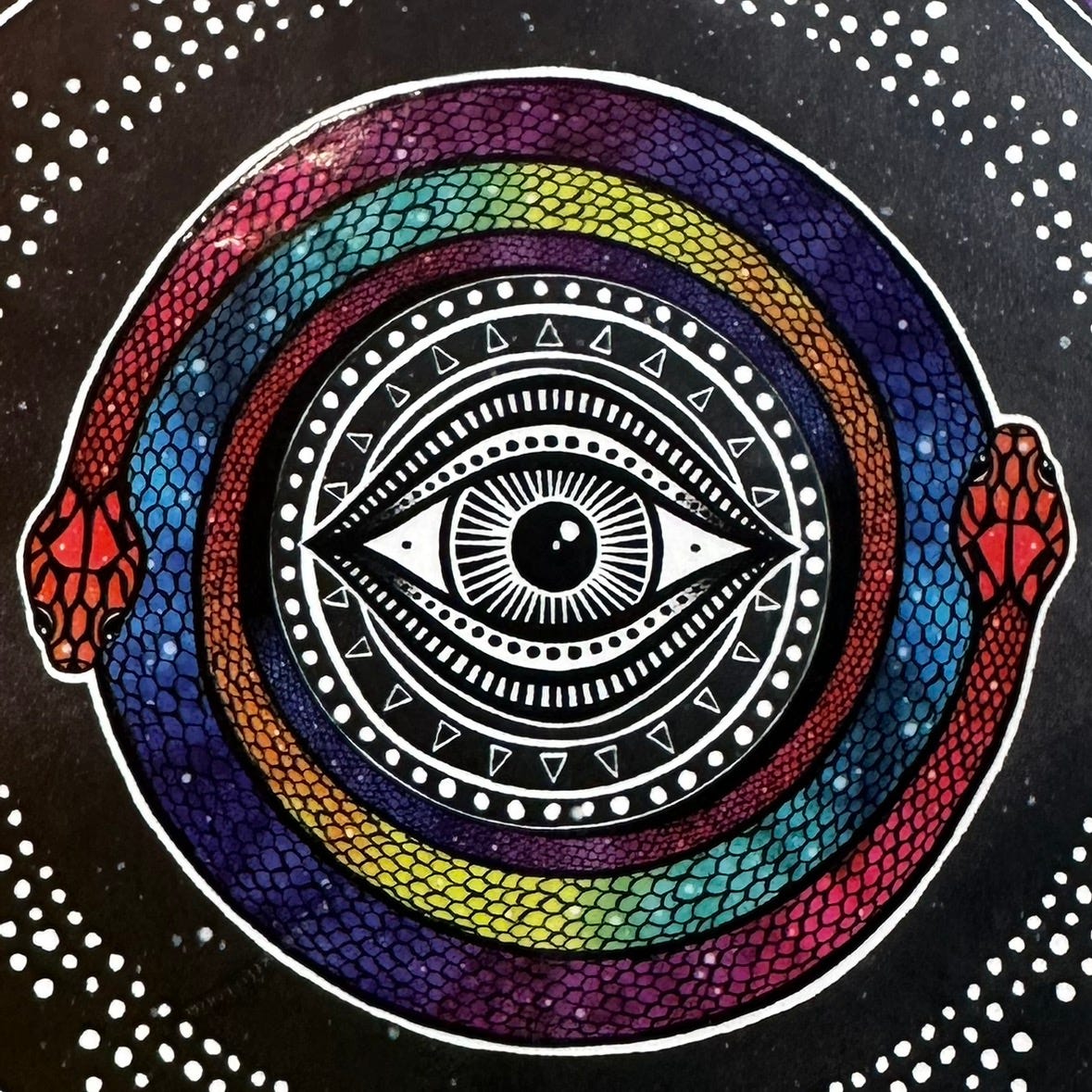The Current Tarot Fad
A good thing, or bad?
Tarot is certainly undergoing a high moment. Decks are being created and published by celebrities, even comic book and video game companies. Tarot is huge on TikTok, You Tube, and general readings are being published in traditional media outlets.

It’s certainly an interesting and rather exciting time to practice Tarot. Much different than when I began decades ago, when it was a much more hidden interest.
But, is this moment, this fad, a good or a bad thing for Tarot?
I had a brief conversation about just that question with Erica Phillips over in Substack Chat the other day.
I had posted a link into a magazine story about models and stars embracing Tarot, and she commented in reply:
“I do love that tarot is having a wonderful moment. I just hope the sacredness isn’t lost. Also means that there are more practitioners starting this journey, which I hope goes very well!”
I hadn’t considered her concern before, but it leads to an excellent question, and I think something that we would do well to ponder.
It is great that so many are finding, and embracing Tarot now. But how do we ensure that what makes Tarot Tarot isn’t lost in the flood of new interest? What can we do to try and make certain that the sacredness remains?
Tarot as we know it developed over hundreds of years. And understanding that development is important if we are to truly understand the ways in which the cards can be used. Yet just the other day I read another article that had been posted to a Tarot group on Facebook that completely ignored the factual history of Tarot, replacing it with nonsense.
I am not one who would claim that Tarot needs to be viewed the same way by everyone, or used in the same way as everyone. Indeed, its adaptability to unique individual beliefs and practices is its greatest strength in my view.
But, I do believe that in order to get good results from it, we must understand it. We need to know how it developed. We need to know why the cards symbolize what they symbolize, and how they have been traditionally generally interpreted. We need to understand the various ways people have successfully put them to use.
Once we know those things, with practice and time, our own uniquely personal way of working with Tarot will develop. But if we don’t have that foundation, we are doing nothing but building a house on sand.
This is what I’ve been wondering ever since Erica replied to my link.
When we encounter someone who expresses an interest in learning Tarot, how can we properly direct them down a solid foundational path, without discouraging that budding interest?
If you haven’t already done so, I would encourage you to check out Erica’s newsletter:



I think this is a very valid question; Rune reading had a similar thing back in the 70's, when a chap called Ralph Blum started selling his own book on runes -it was largely made up, but came with a little bag of plastic runes that people bought and really enjoyed it.
The difference there is there wasn't a big existing runes market (or a vast amount of publicly popular or visible academic study) like there is with Tarot, so for a lot of people Blum was their introduction to runes, and he rode the "pop magic" second rise of wicca in the 80's and 90's.
Unfortunately as more serious academic study has gone on, we've learned that a lot of Blum's translations and symbology relating to the staves were simply made up by Blum from whole cloth, and that's the thing to watch out for with any resurgence of esoteric study - the number of people writing on a subject is proportional directly to the amount of bad information!
As long as serious practitioners are able to identify the bad sources from the good ones, and publicly discuss which are bad, which are good, and explain why to any new starters, with luck this will be a good thing for you practitioners of Tarot
I remember my first "appropriation" in the late 60's when the Summer of Love was monetized. All I can say more than 50 years later is that the authentic endures and the shallow falls away. Some exposed to Tarot silliness today will be inspired to take a deep dive. Others will move on to the next big thing. It's a next gain in the end but not pretty to watch.